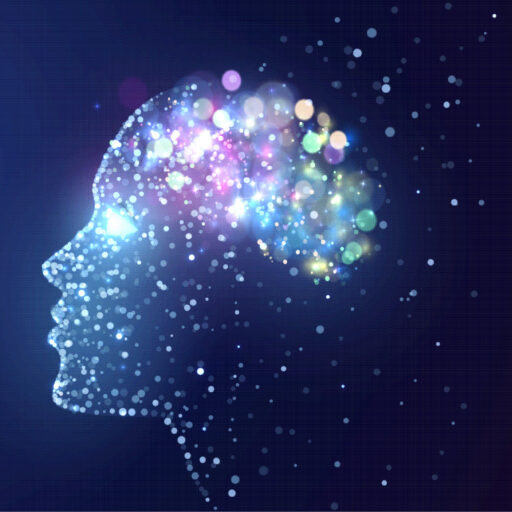The Mystery of Consciousness – Introduction
The study of Consciousness is becoming a focus of growing interest, particularly in science, philosophy and psychology, but is moving into other academic disciplines.
It is also coming to the attention of the wider public, as a consequence of increasing volumes of evidence that mind and matter can exist independently of each other. Anomalous happenings, including near-death and out-of-body experiences, and the transformative impact of even just one psychedelic experience, have been enough to create an acute curiosity as to their significance. This has led to a questioning of the limiting materialist worldview within which most people in contemporary society have been raised.
This website provides an introduction to the concept and experience of ‘consciousness’. It recognises Christian de Quincey’s ‘Consciousness is our deepest mystery and our most intimate reality’. All our experience takes place within consciousness. The totality of our life is a first-person, subjective experience.

In order to understand consciousness, we need to accept that we are seeking that understanding from within the phenomenon itself. Many aim to ‘observe’ it from a third person perspective, as though the phenomenon we are studying exists independently of that which is studying it. But it is the investigator’s consciousness that is studying what consciousness is, which means that it is qualitatively different from any other scientific activity. A separatist third-person perspective is not possible.
When considering the source of consciousness, there are two mutually exclusive possibilities.
Consciousness is a late emergence of the evolutionary process, and has been created from matter. It is a by-product of the brain, and is contained within the brain.
This is the dominant theory of consciousness, which is implicitly assumed by most individuals and throughout most institutions and organisations in the Western world. It shapes all mainstream social, political and education policy-making, without being named or questioned. Indeed, this belief, and the materialist worldview that it generates, is so much taken-for-granted, that there has, to date, been little realisation that there is a theory to be questioned. A goldfish does not know it swims in water.
In the academic world, consciousness is a subject mainly of interest to neuroscientists, who investigate the neural correlates and mechanisms that give rise to conscious experience. A major aim is to explain how neural activity leads to subjective awareness.
Despite decades of intense research, though, scientists are no nearer proving a causal relationship between brain activity and experience of consciousness. This has formally been acknowledged by neuroscientist Christof Koch. In 1998, he placed a bet with philosopher David Chalmers, claiming that by 2023, researchers would have discovered how the brain produces consciousness. However, in June 2023, at the annual meeting of the Association for the Scientific Study of Consciousness (ASSC), Koch publicly admitted that he had lost the bet. Science is still not able to determine the means by which matter creates consciousness. Indeed, an increasing number of scientists are questioning physical explanations for consciousness.

Consciousness exists beyond the brain
In this second scenario, consciousness is not emergent from matter, but exists beyond, and perhaps prior to, matter.
This is not a new theory. It is one that has been integral to eastern philosophies such as Hinduism and Buddhism, and to indigenous philosophies, for millennia. Historically, it has also been central to the work of philosophers and mystical thinkers.
The possibility that consciousness may not be an emergent property of matter, nor dependent on the brain for its existence, raises many questions. What is it source? What is its nature? How can we gain more knowledge about it?
The mystery of consciousness will not resolved by the content of this website. But the hope is that there is enough information to enable you to venture more into the mystery, and develop an understanding and experience of consciousness that is meaningful for you.
